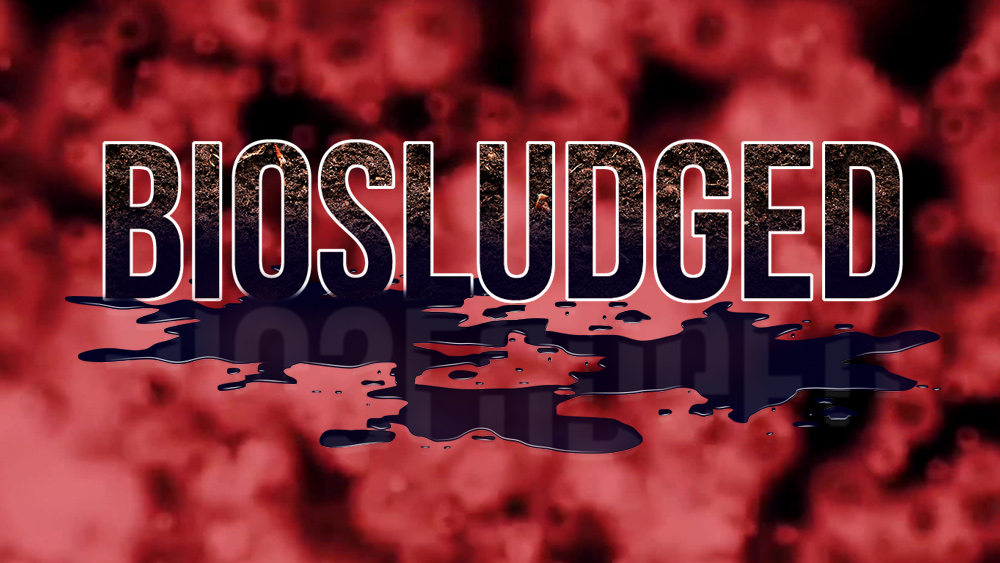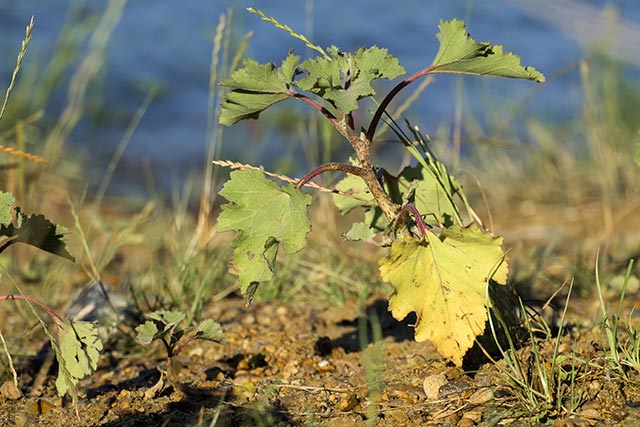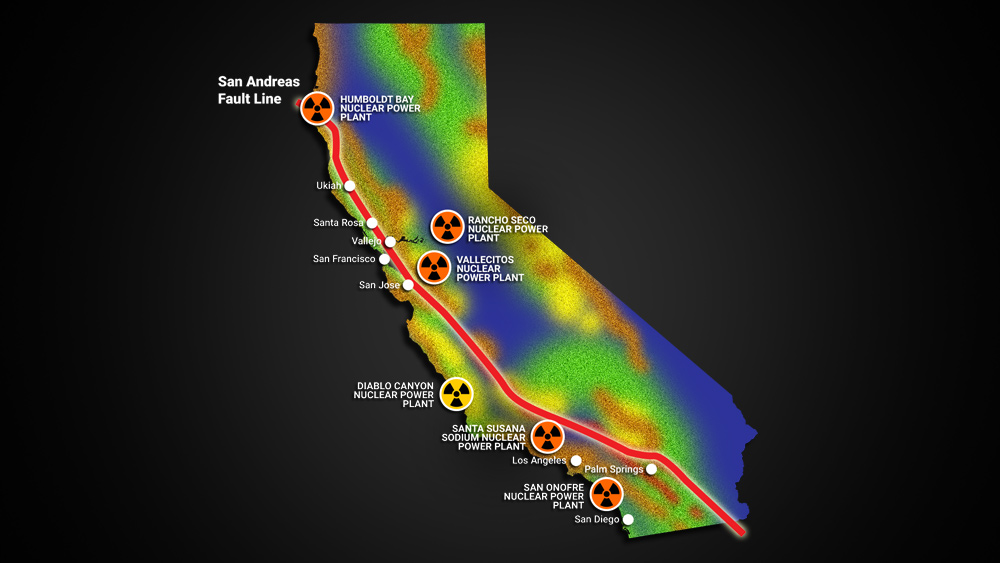Is it time for America to have a Clean Soil Act?
01/07/2019 / By Ethan Huff

Corruption within the United States Environmental Protection Agency (EPA) is now so prolific that many are calling for new legislation in the form of a “Clean Soil Act” to address the many loopholes that allow big industry to pollute our soils. But would more regulations actually fix the problem?
According to Focus for Health, a Clean Soil Act would accompany the Clean Air and Clean Water acts that were passed back in the 1970s, helping to fix the nefarious spread of toxic elements via “biosolids,” also known as “biosludge.”
As it currently stands, the EPA barely even looks at biosludge. The agency admits that it doesn’t know the full extent of the chemicals found in biosludge, nor does it even have the capacity to study them – hence calls for a Clean Soil Act.
“EPA can only regulate an infinitesimally small fraction of all the environmental pollutants that may play a role in causing cancer, birth defects, neurological disorders and other environmentally triggered diseases and disorders,” warns Focus for Health, which sees biosludge and the lack of regulation surrounding it as a likely cause of the current onslaught of chronic disease.
“The futility of our current regulatory approach is becoming increasingly evident as the incidence of cancer, autism, Alzheimer’s disease, rheumatoid arthritis, Parkinson’s disease, ALS and other environmentally triggered diseases and disorders rises, and as their onset begins to occur earlier in life.”
For more biosolids news, be sure to check out Biosludge.news.
Sewage industry too powerful to be held back by Clean Soil Act, says biosludge expert
But would a Clean Soil Act actually fix the problem? Not necessarily. According to biosludge expert Craig Monk, who spoke with us in an exclusive interview as part of the Biosludged film project – you can watch the official Biosludged trailer at Brighteon.com – the sewage industry is now so powerful and wealthy that it likely can’t be stopped by mere legislation.
“It would just be another act or document that the sewage industry would find some way to get around – if it even made it to an actual rule,” Monk explained during the interview, which you can watch below. “It’s just one more rule on a stack of hundreds and hundreds of other rules, and they’ll always find a loophole in it.”
The sewage industry came up with the word “biosolids” to get around existing rules on toxic waste disposal
Keep in mind that the word “biosolids” was conjured up by the sewage industry to bypass laws already on the books that prohibit the careless dumping of toxic waste on soil. By changing the name from sewage sludge to “biosolids,” the multi-billion-dollar sewage industry has basically pulled a fast one on the general public – and thus far, the government has done nothing to stop it.
“The word ‘biosolids’ to me is comical,” says Monk. “It’s sewage sludge. It’s always been sewage sludge. But the sewage industry got together back when it was all started and created ‘biosolids’ to lull the public into a false sense of safety.”
Even at the local level, government authorities such as those in charge of the Texas Commission on Environmental Quality (TCEQ) are jockeying around the words used to categorize biosludge in an attempt to make it more palatable to the public.
“Now the TCEQ is wanting to change ‘sewage sludge’ to ‘sewage residuals,'” warns Monk, revealing that the entire charade is nothing more than corrupt officials playing what he calls “Chemical Russian Roulette” with public health.
Be sure to check out the full Biosludged film for FREE at Biosludged.com.
You can also learn more about the film by visiting BrighteonFilms.com.
Sources for this article include:
Tagged Under: Biosludge, Biosludged, Biosolids, Brighteon, Brighteon Films, chronic disease, Clean Soil Act, corruption, Craig Monk, deception, Diseases, Ecology, environ, environment, environmental pollutants, Environmental Protection Agency, EPA, interview, laws, legislation, sewage industry, sewage sludge, toxins
RECENT NEWS & ARTICLES
COPYRIGHT © 2017 ENVIRON NEWS




















